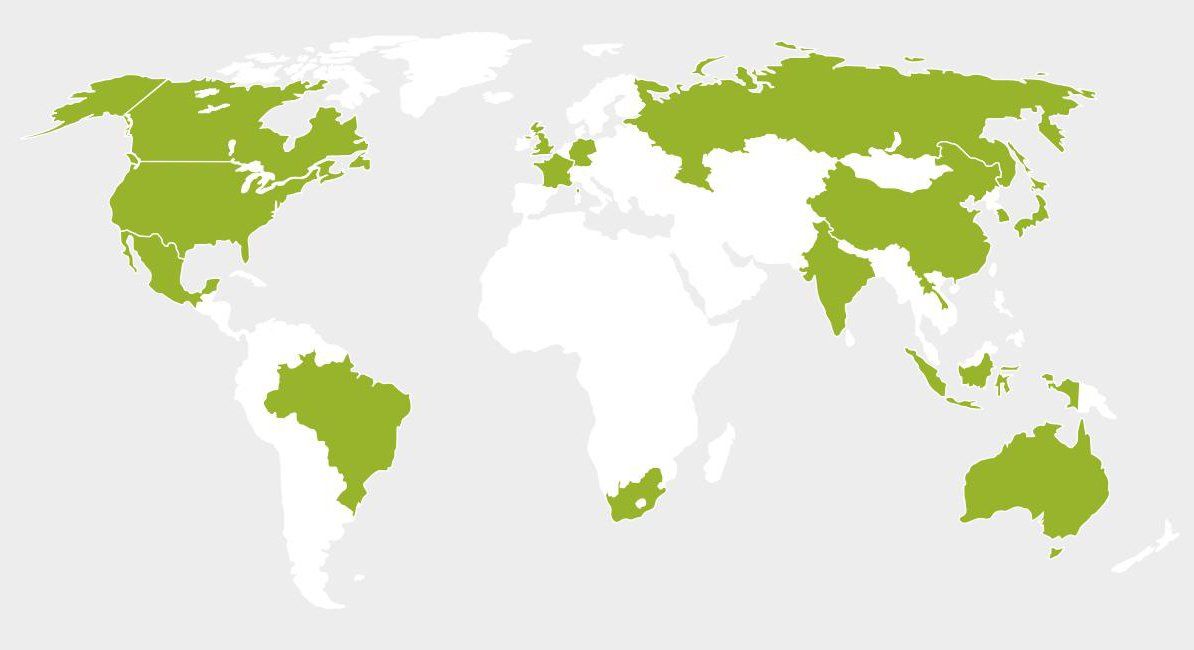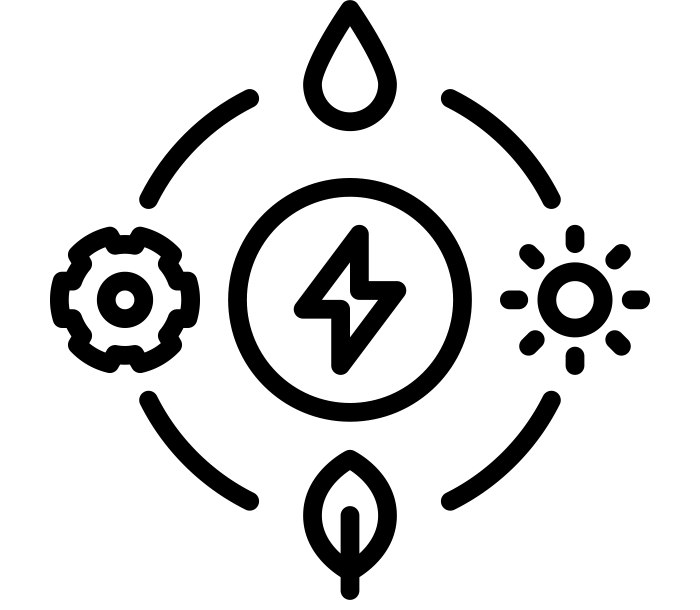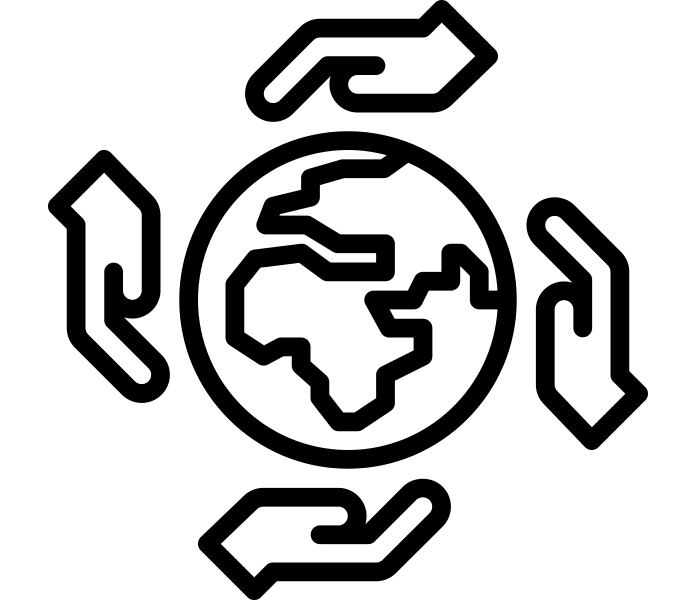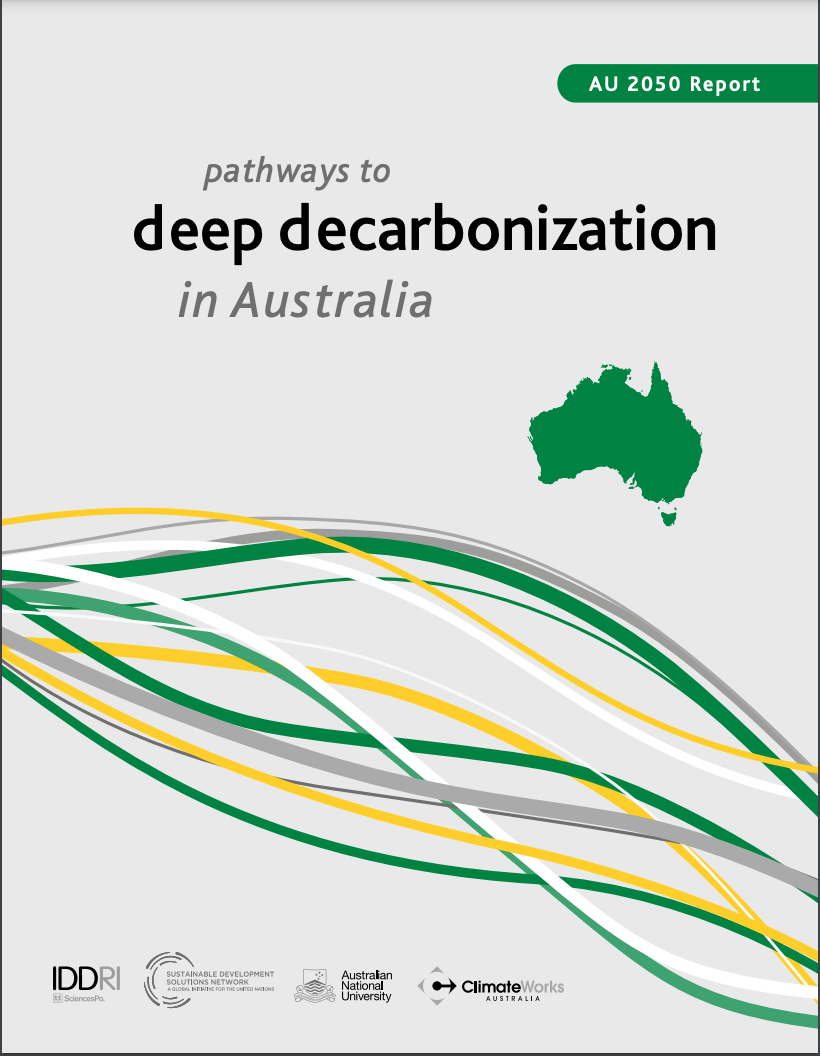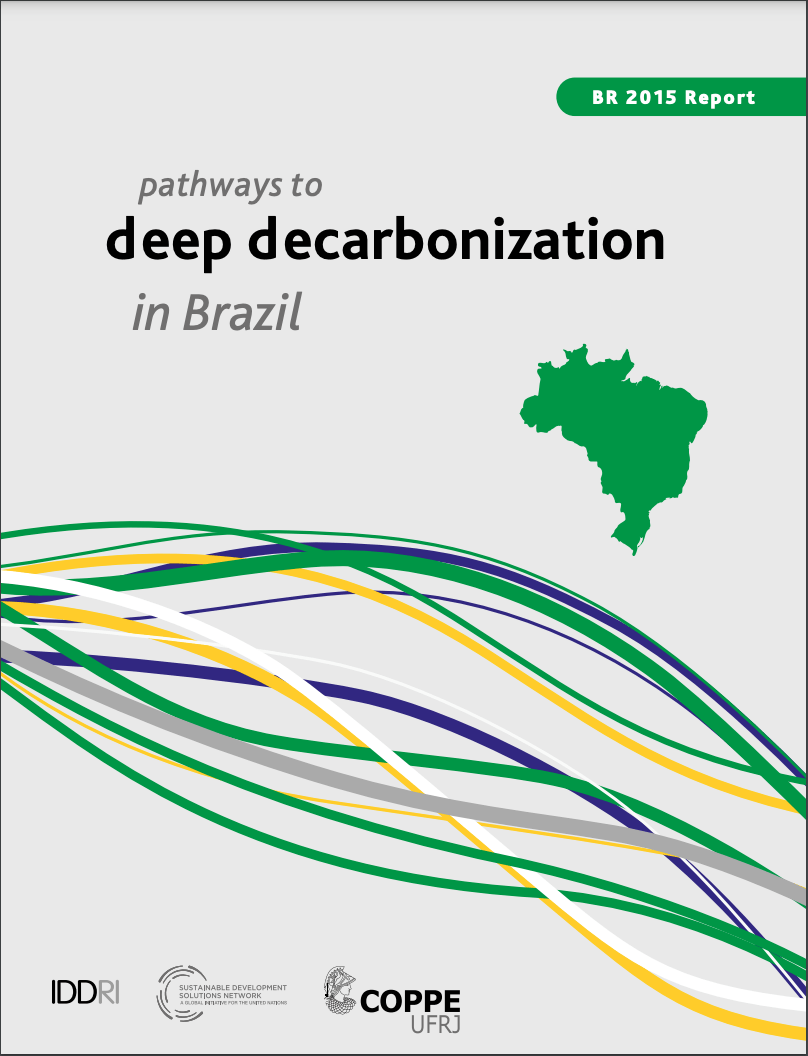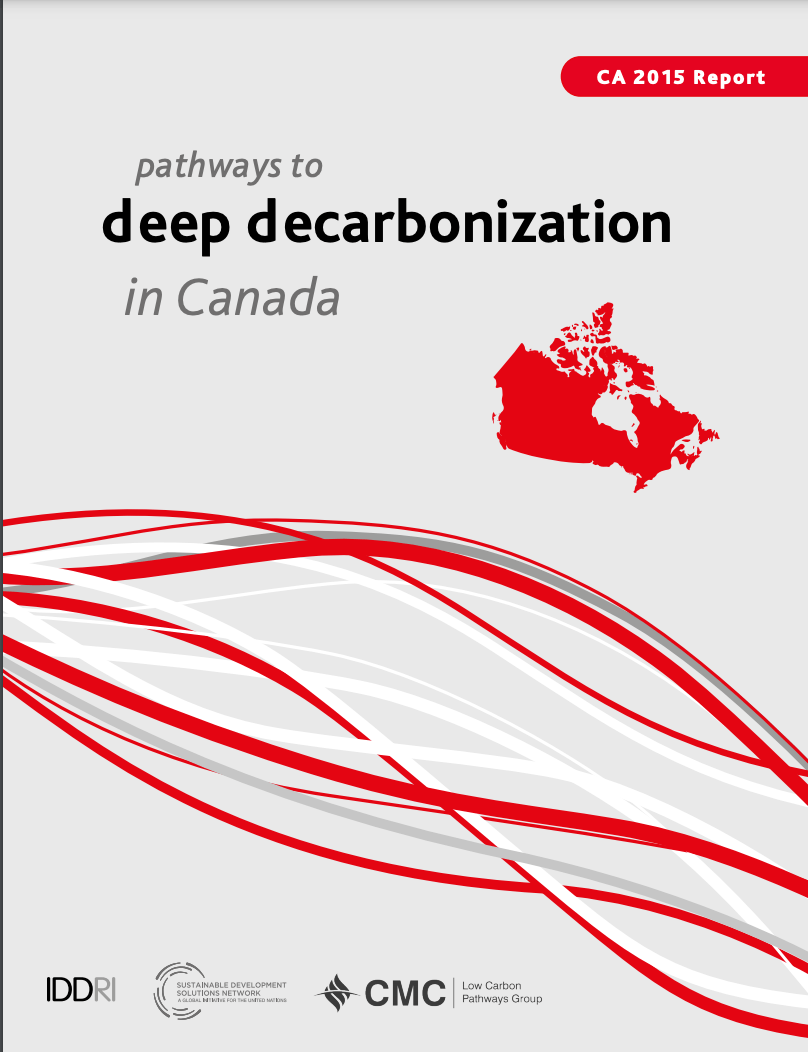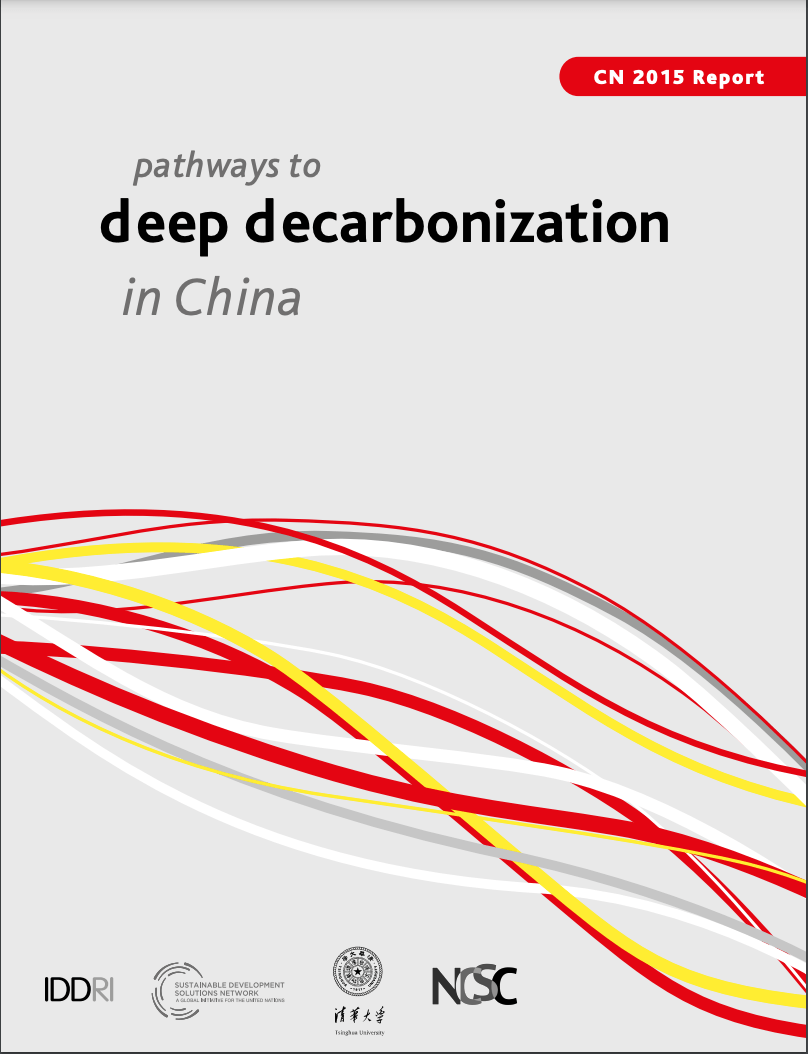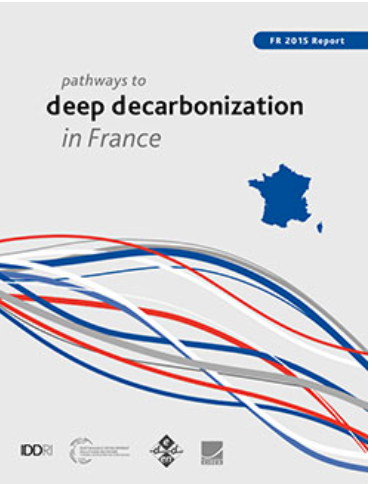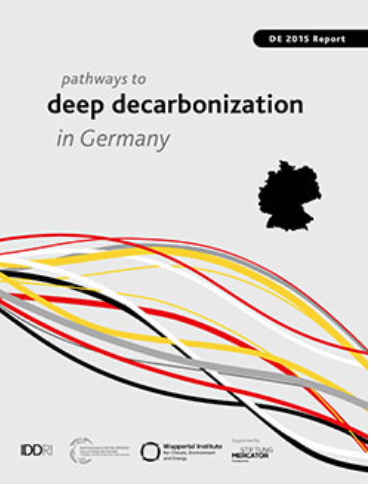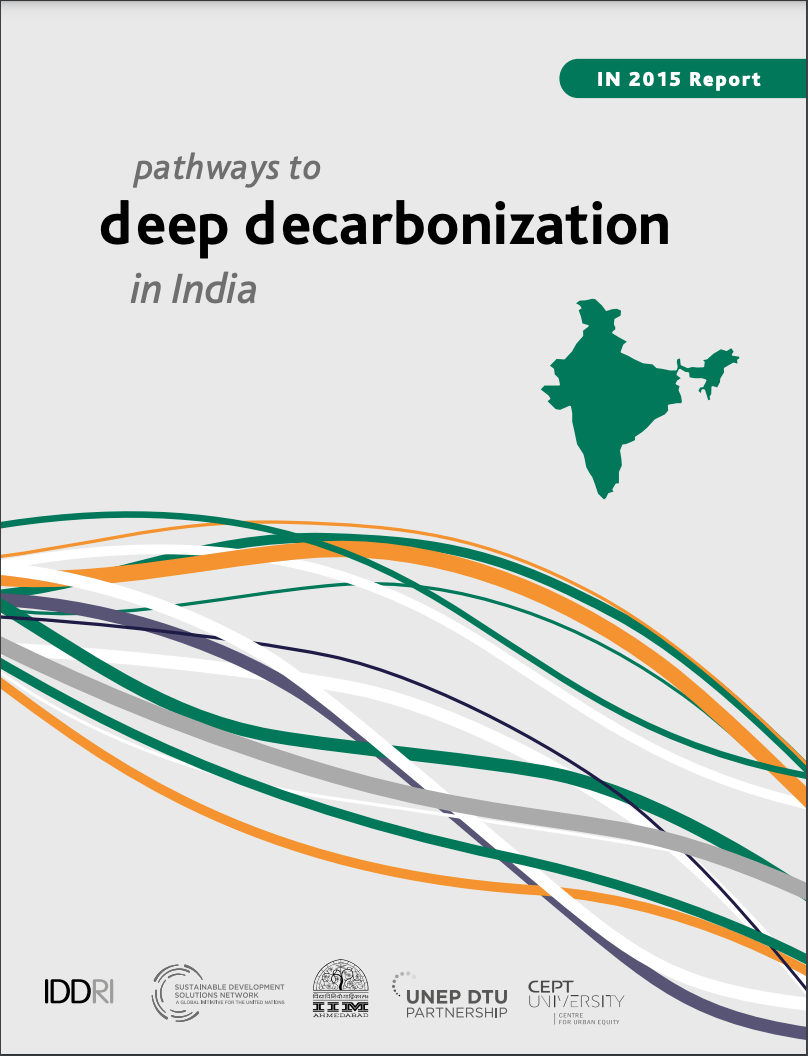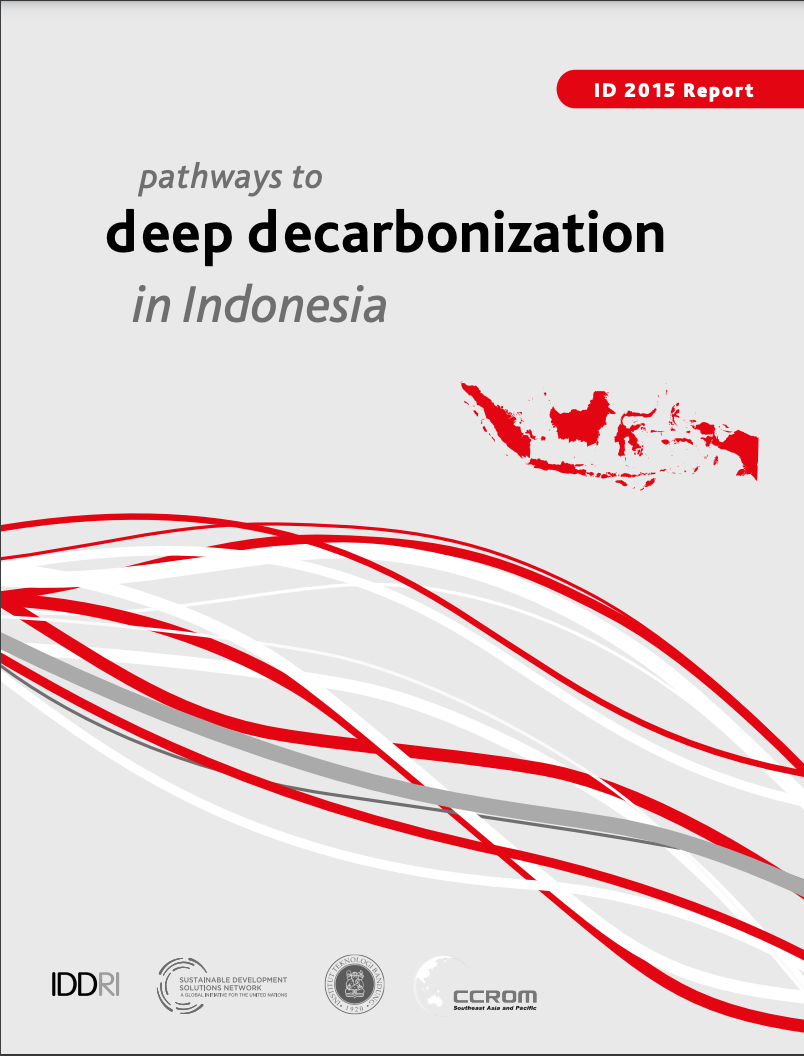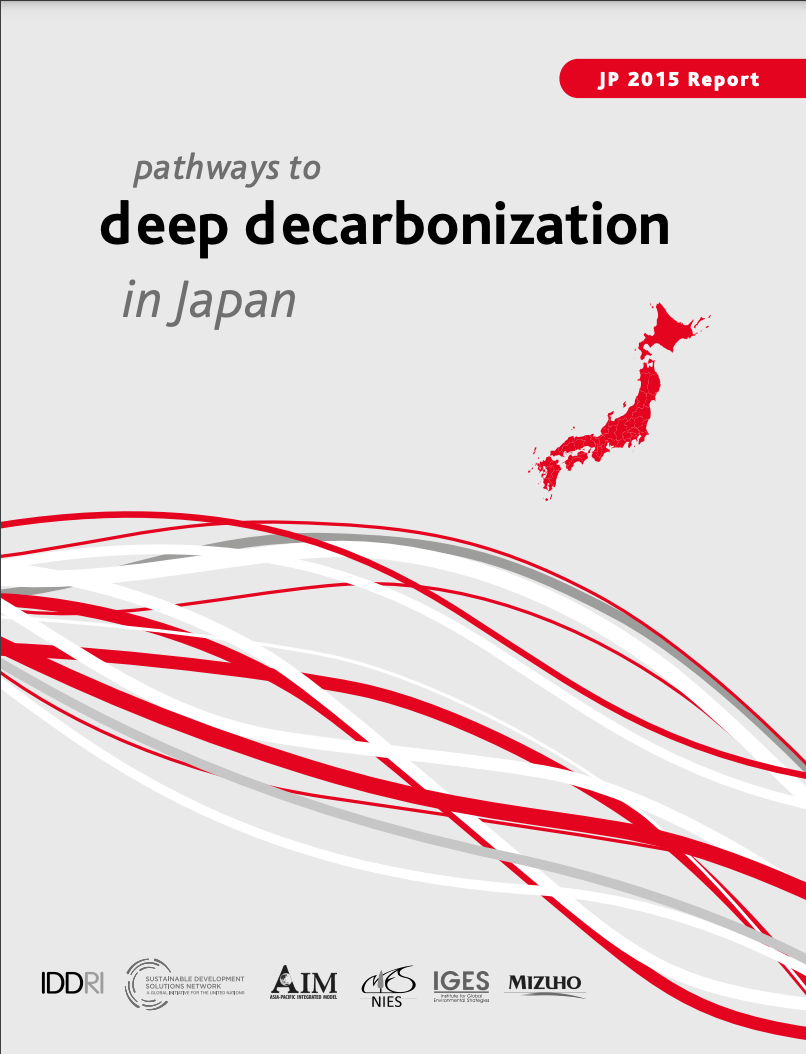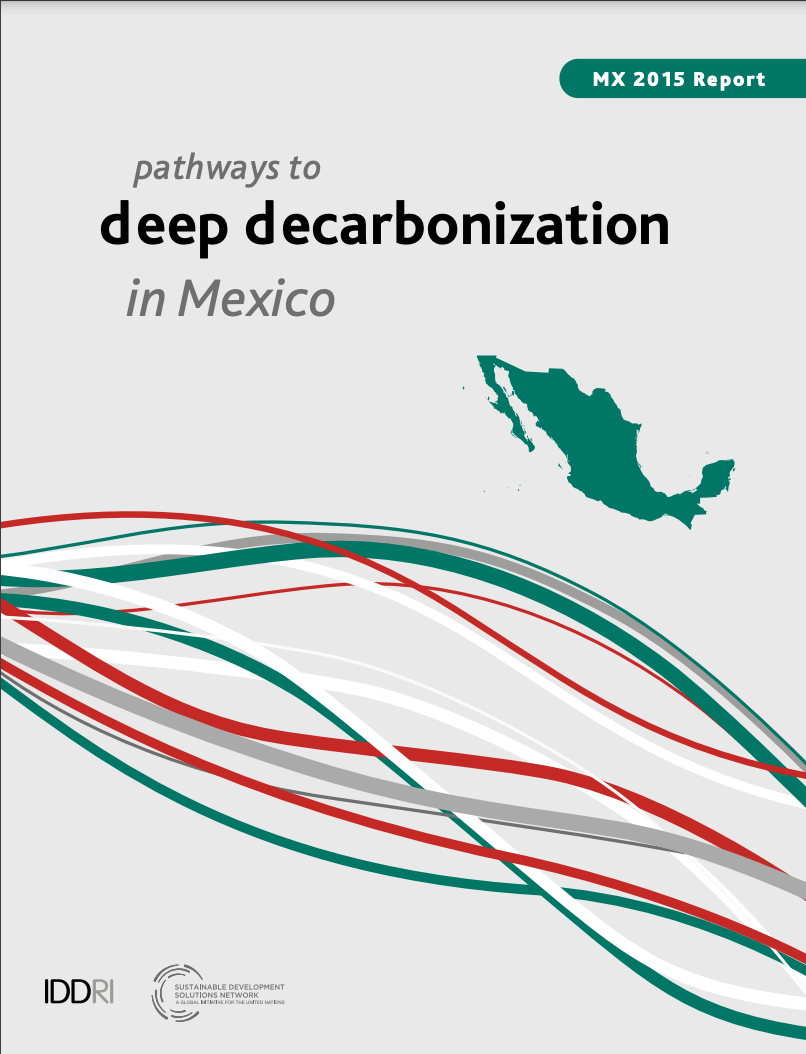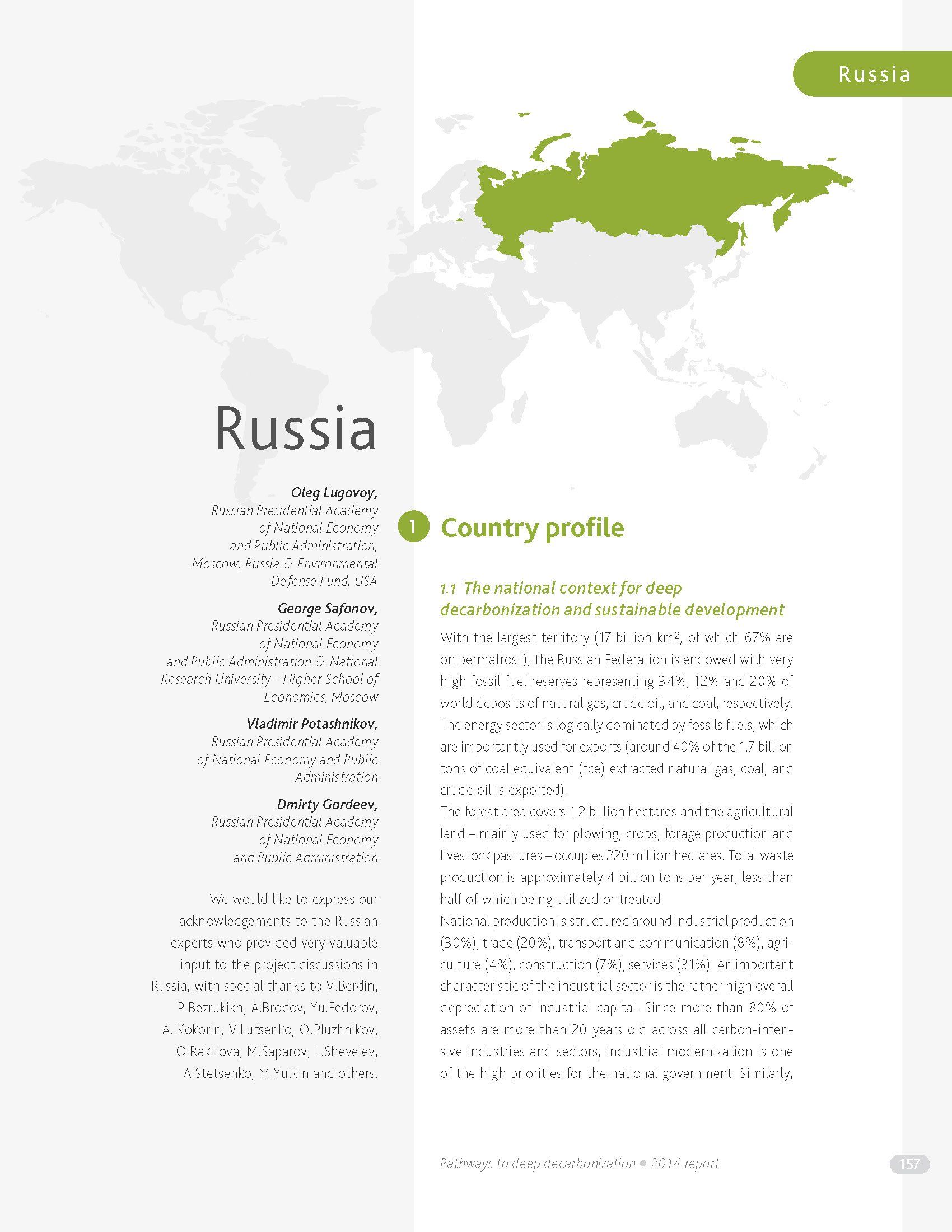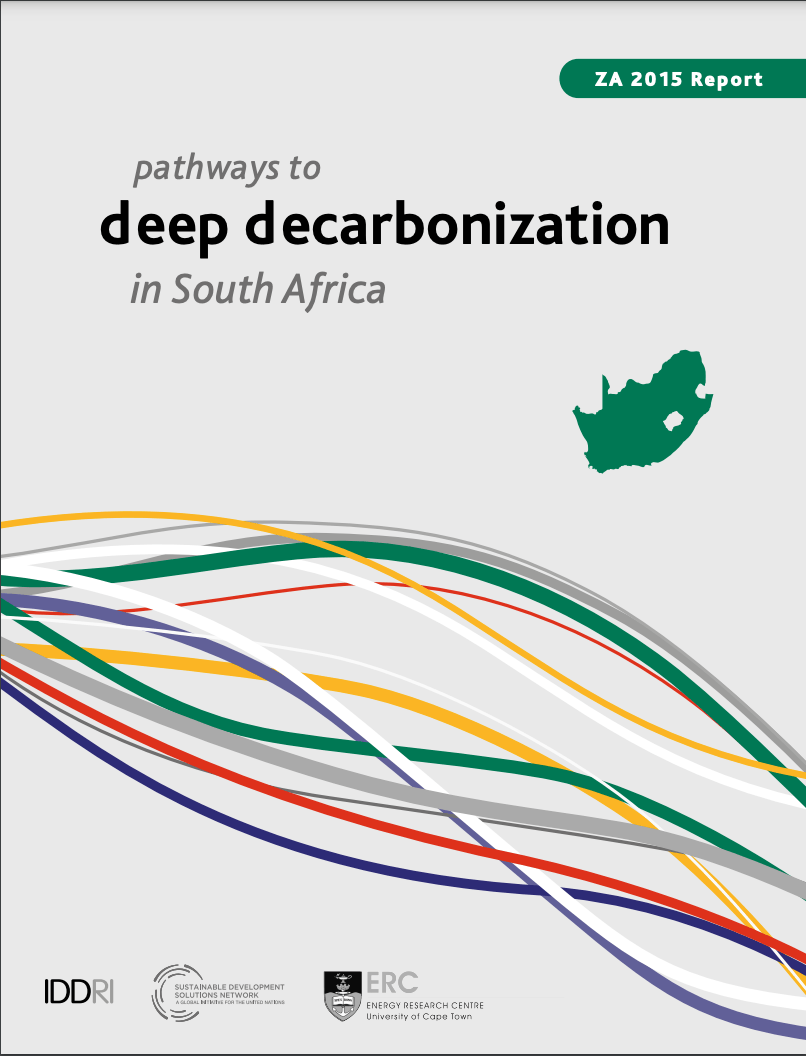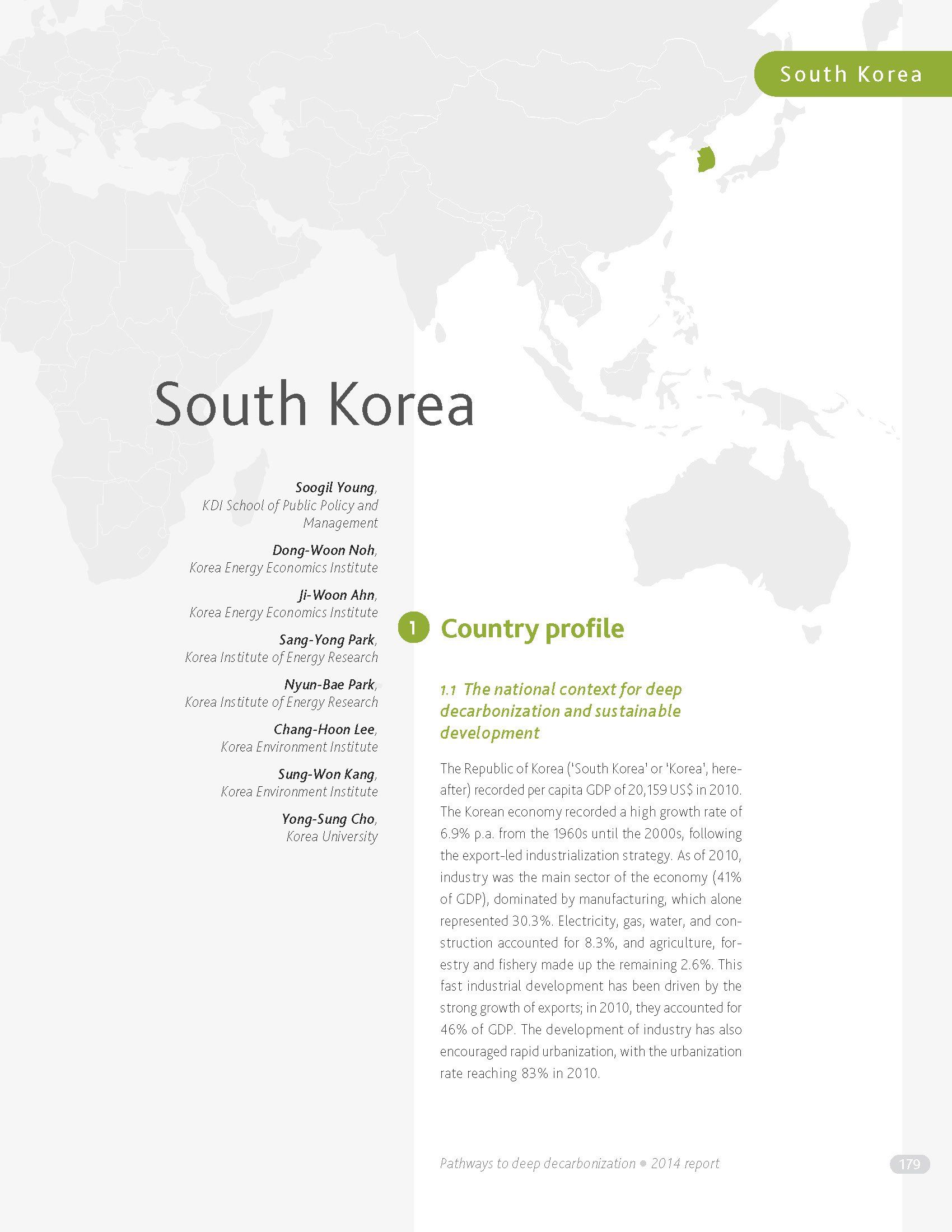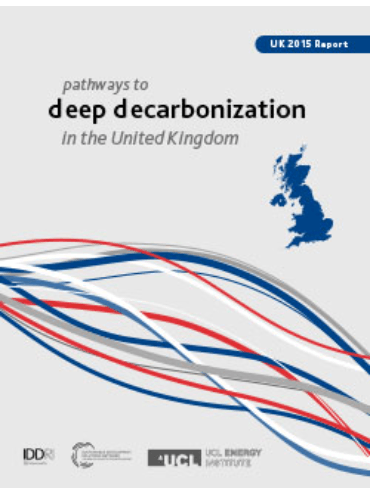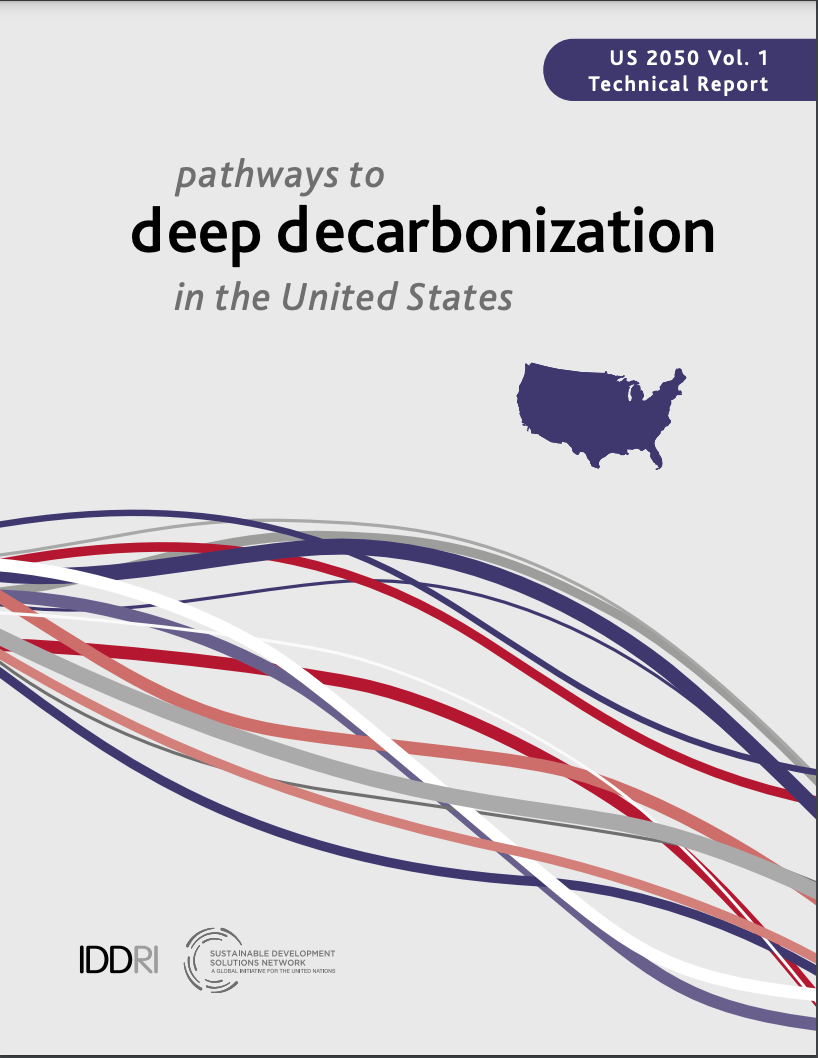SDG Index & Monitoring
Deep Decarbonization Pathways Project (DDPP)
"To reach net zero, we first need a roadmap. Creating rigorous and realistic roadmaps to inform society's choices is the purpose of the Deep Decarbonization Pathways Project."
-Jim Williams
Overview
Research Approach
Transformational
Limiting global warming to 2°C or less will require global emissions of greenhouse gases to be deeply reduced by 2050. This will require a profound transformation of how energy is supplied and used around the world. The DDPP is charting the path to this transformation, starting now, one country at a time.
Critically Needed
Deep decarbonization pathways fill a key gap in climate policy. Within countries, they provide a critical, missing long-term framework for informing and coordinating policy and business decisions. Internationally, they provide a transparent benchmark for evaluating national commitments.
Country Driven
DDPP research teams study decarbonization in their own countries. Each team defines its own pathways to a low carbon energy system that still provides all the energy services their society needs, taking into account current infrastructure, natural resources, and stage of socio-economic development.
Collaborative
The country research teams are building a new global knowledge base for decarbonization, transparently sharing results, data, and methods. The DDPP has developed a unique set of analytical tools for combining and comparing individual country pathways, allowing the global impact to be more clearly seen.
Solution Oriented
The DDPP identifies problems and finds solutions on the road to deep decarbonization. The pathways are rigorous, detailed, sector-by-sector descriptions of what deep decarbonization requires in each country over time, in terms of technologies, infrastructure, investment needs, and international support.
Game Changing
The DDPP is already changing the climate policy discussion both within countries and among them. By showing concretely how 2°C can be achieved and what the enabling conditions are, it is altering the focus from incremental change to transformation, and shining a bright new light on the benefits of cooperation.
Country Reports
Related Projects
Blog & Updates
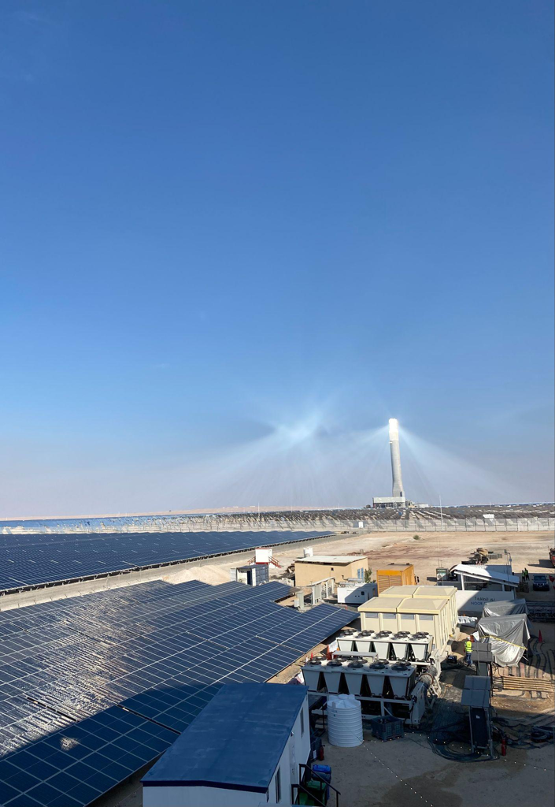
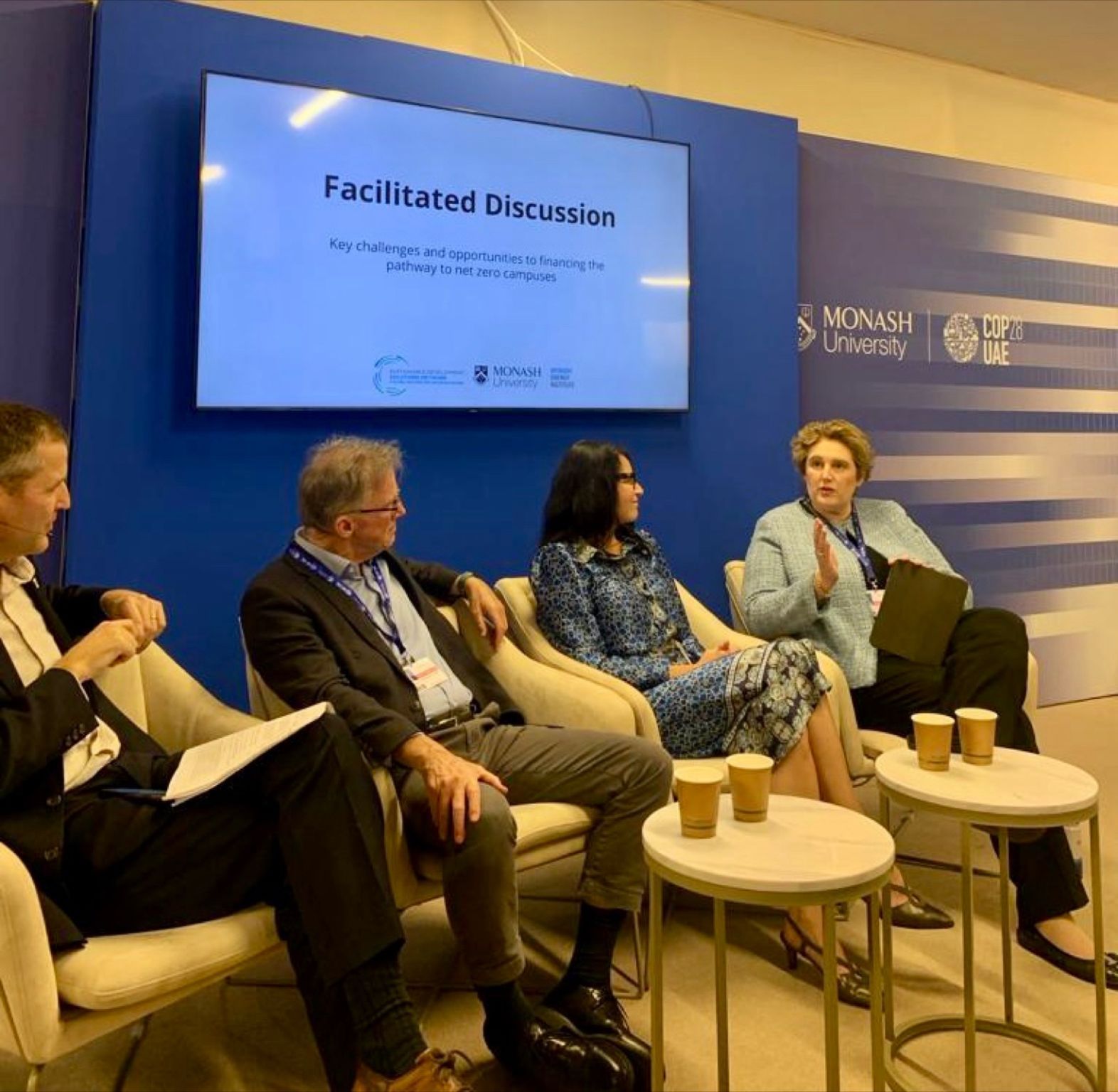
Sign Up for SDSN Updates
Get our latest insights, opportunities to engage with our networks, and more.
SDSN mobilizes global scientific and technological expertise to promote practical solutions for sustainable development, including the implementation of the Sustainable Development Goals (SDGs) and the Paris Climate Agreement.
Paris
19 rue Bergère
75009 Paris
France
+33 (0) 1 84 86 06 60
New York
475 Riverside Drive
Suite 530
New York NY 10115 USA
+1 (212) 870-3920
Kuala Lumpur
Sunway University
Sunway City Kuala Lumpur
5 Jalan Universiti
Selangor 47500
Malaysia
+60 (3) 7491-8622

